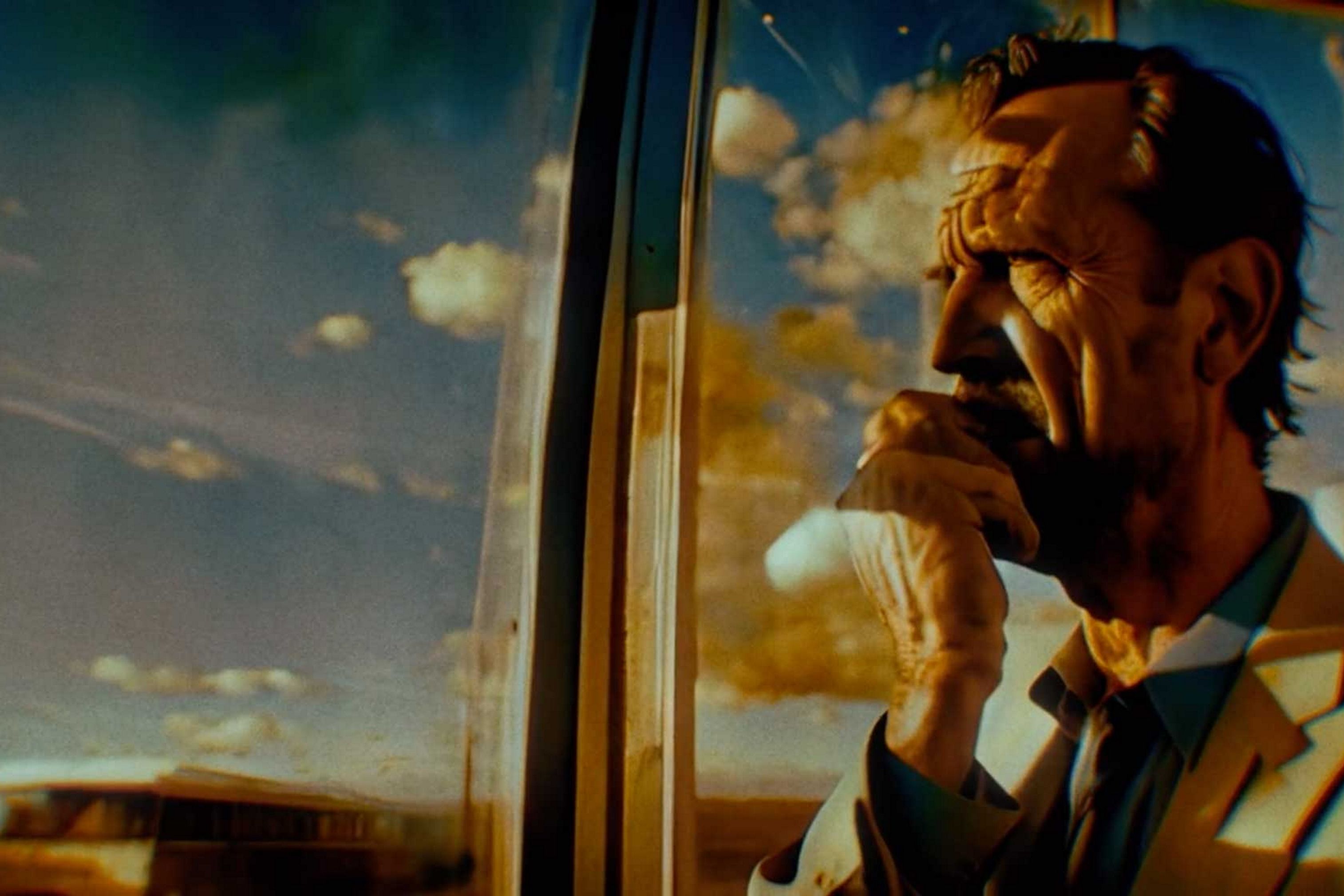Movie executives must be cautious of the potential risks associated with AI technology when navigating actors’ strikes. This concern arises as actors like Stephen Shutters contemplate the fate of their digital scans, conducted by MGM Studios during the production of Creed III. Shutters wonders if his scans were deleted or if they were utilized for another film or potentially to train an AI model for generating fake background actors. At the time of the scanning, MGM did not provide any information or documentation on the matter. MGM has not responded to inquiries seeking clarification.
The use of generative AI to replace background actors in movies has garnered corporate interest, pushing the boundaries of crowd-filling effects. While incorporating CGI elements like buildings and arenas is one thing, the concept of generating individual human actors through AI is not far-fetched. As evidence, I personally created my own AI clone with relative ease earlier this year. This prospect has sparked the first strike by both Hollywood actors and writers since 1960, with labor unions advocating for improved compensation and transparency regarding the utilization of an actor’s digital likeness. Photographs: Striking actors and supporters protesting at HBO and Amazon in New York City. Credit: Alexi Rosenfeld, Getty Images.
The demands made by actors and their supporters are justified, and studios who resist these demands would be seen as hypocritical. Studios themselves are vulnerable to having their content scraped by AI companies without proper consent or financial compensation. To promote fairness, transparency, and equitable compensation, it is imperative that all parties involved disclose the ways in which digital content is being employed.
Encouragingly, progress is being made in this direction. OpenAI recently entered into an agreement with the Associated Press to license its news archive. Additionally, the AI firm expanded its licensing deal with Shutterstock, a leading stock-photo provider. Such collaborations are essential in enhancing the capabilities of AI tools like ChatGPT and adequately compensating content creators.
Although OpenAI does not hold a prominent role in the movie industry, other AI companies like Runway, a startup based in New York, have established themselves as influential players. Runway’s system can generate short video clips based on text prompts and was instrumental in creating the enigmatic “rock scene” in the Oscar-winning film Everything Everywhere All at Once. The scene is so convincingly realistic that its AI-generated nature is imperceptible. Runway has trained its AI tools using extensive datasets, including 240 million images and 6.4 million video clips, resulting in continual improvements. The startup did not disclose detailed information about the sources of these datasets.
Background actors, formerly known as extras, and minor actors with walk-on parts in TV shows and movies are particularly susceptible to these technological advancements. Studios could potentially hire an actor for only a few days of filming and utilize the footage to train an AI system to mimic their performance for the remainder of the film.
While studios have assured the US actors’ union SAG-AFTRA that they can safeguard the digital likeness of performers, this is merely a starting point. If studios limit a performer’s wages by reducing the number of days worked, it restricts their ability to establish a career or hold onto opportunities long enough to secure significant breakthroughs. At the very least, studios should ensure that actors’ likenesses are not merely “protected” but adequately compensated, with future uses disclosed. Background actor Dariush Seif-Amirhosseini expresses his concerns, stating that AI technology may eliminate numerous job opportunities and lacks moral and ethical integrity.
Streaming companies like Netflix have faced criticism within the Hollywood community for concealing viewership numbers, claiming ignorance over a show’s profitability. This approach likely aims to impede production staff’s negotiations for better compensation. After all, how can they argue for improved rates without knowing a show or movie’s success on a streaming platform?
The recent strikes highlight the urgent need for Hollywood and streaming platforms to abandon their culture of secrecy surrounding content. This includes transparency regarding viewer numbers and agreements concerning the scanning of background actors. Contracts for background actors are not prevalent, particularly in Atlanta, where many films are produced due to the limited presence of unions. Shutters, who worked on Creed III in Atlanta, states that he has never signed a contract with a film studio regarding the use of his work. He has only encountered tax paperwork and nondisclosure agreements while working on projects for the Walt Disney Company. Perhaps it is time for this to change.
Another background actor, Dariush Seif-Amirhosseini, recalls being invited to a trailer for scanning during the filming of Cruella in 2019. He underwent a 10-minute scanning process in front of a setup of cameras, which he was informed was for crowd filling. However, he remains clueless about the fate of the recorded footage, and this experience continues to trouble him. Seif-Amirhosseini reflects on the emergence of digital replicas of prominent Hollywood actors in films, leading him to believe that AI technology will eliminate numerous jobs and lacks the essence of morality and ethics.
Hollywood is likely in the process of formulating its own set of demands for AI companies. However, it must also pay attention to the demands put forth by performers. Failure to do so would result in a movie-making industry that lacks soul and integrity.
Denial of responsibility! VigourTimes is an automatic aggregator of Global media. In each content, the hyperlink to the primary source is specified. All trademarks belong to their rightful owners, and all materials to their authors. For any complaint, please reach us at – [email protected]. We will take necessary action within 24 hours.


